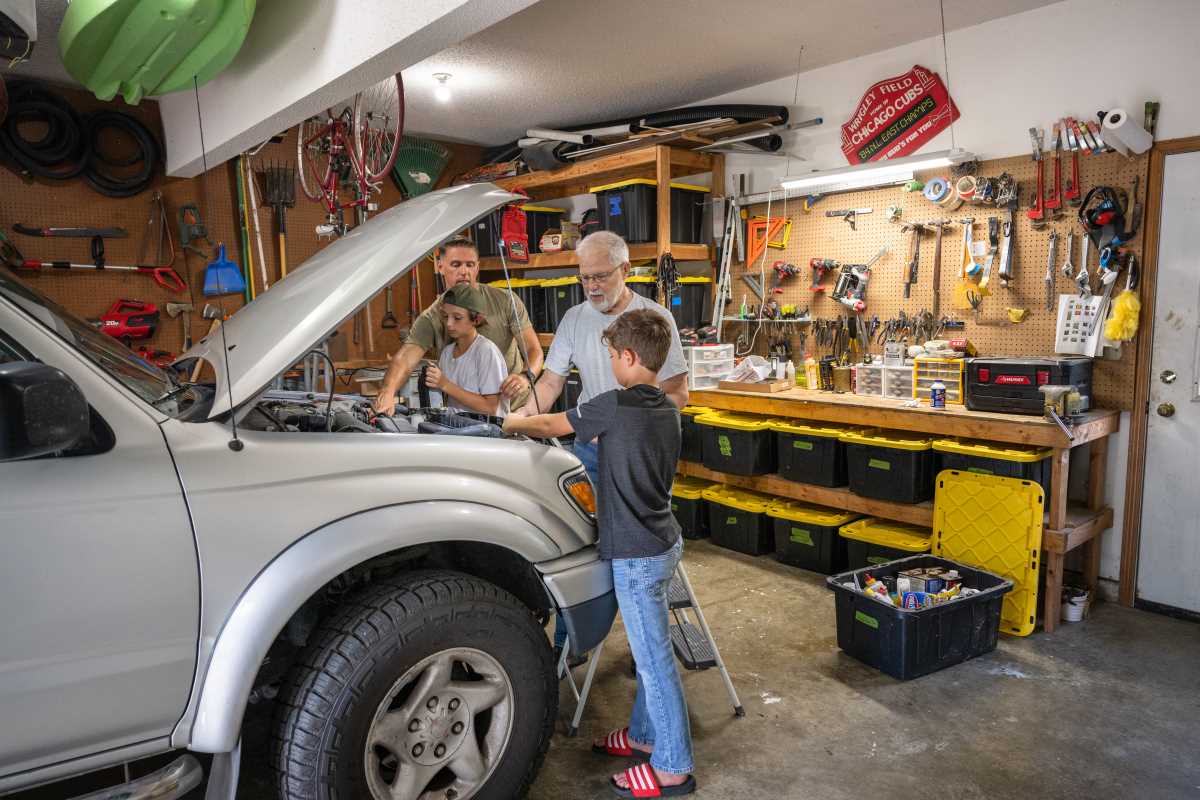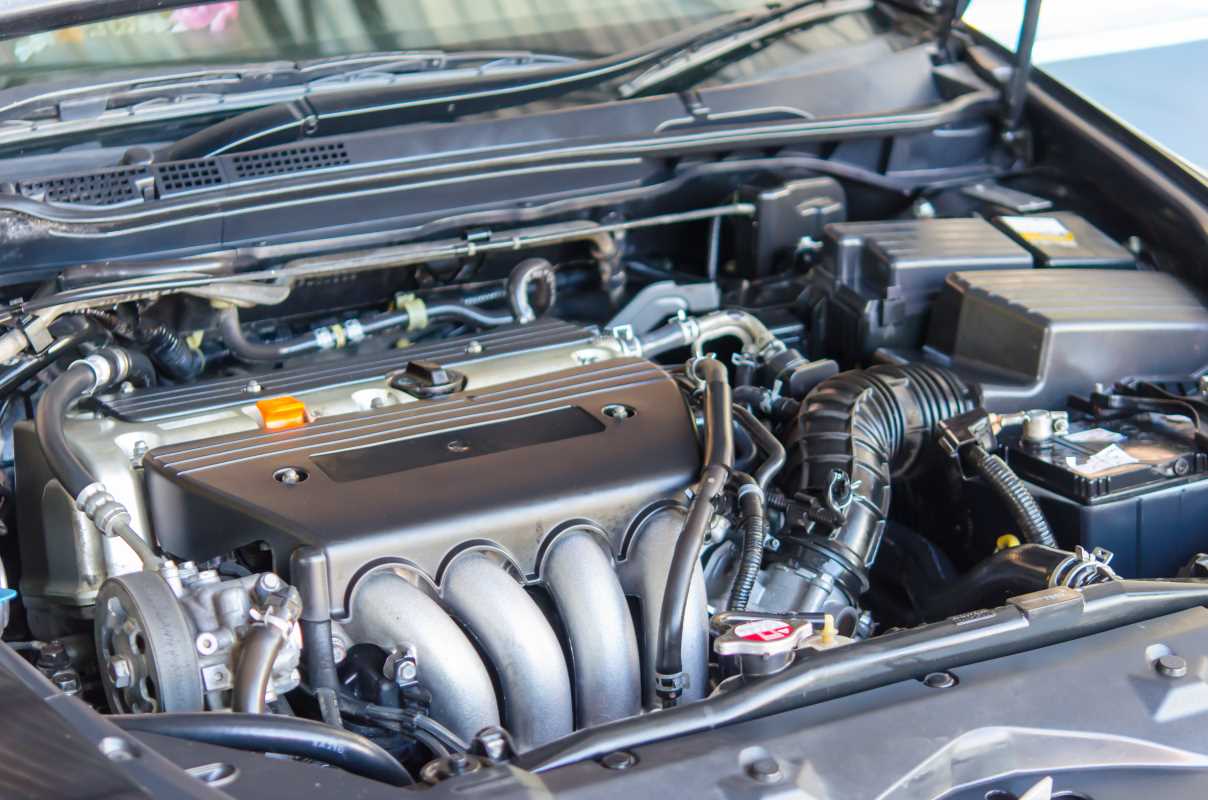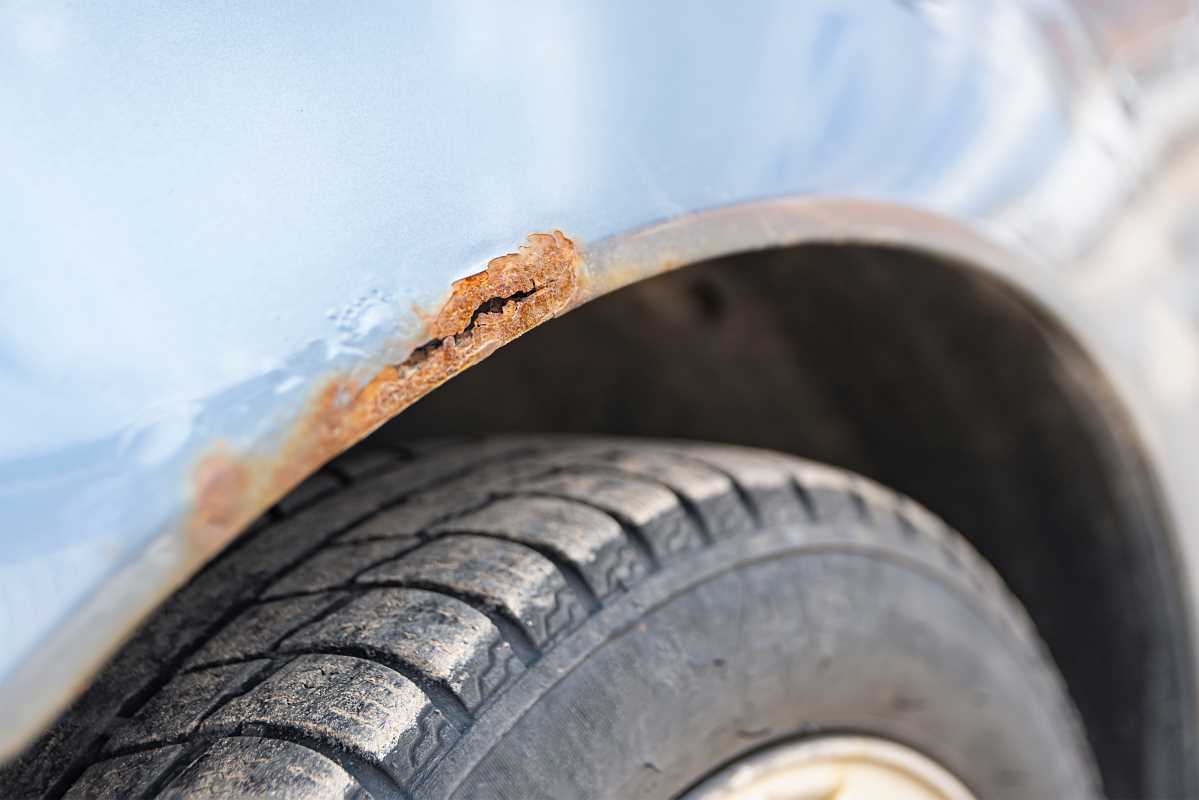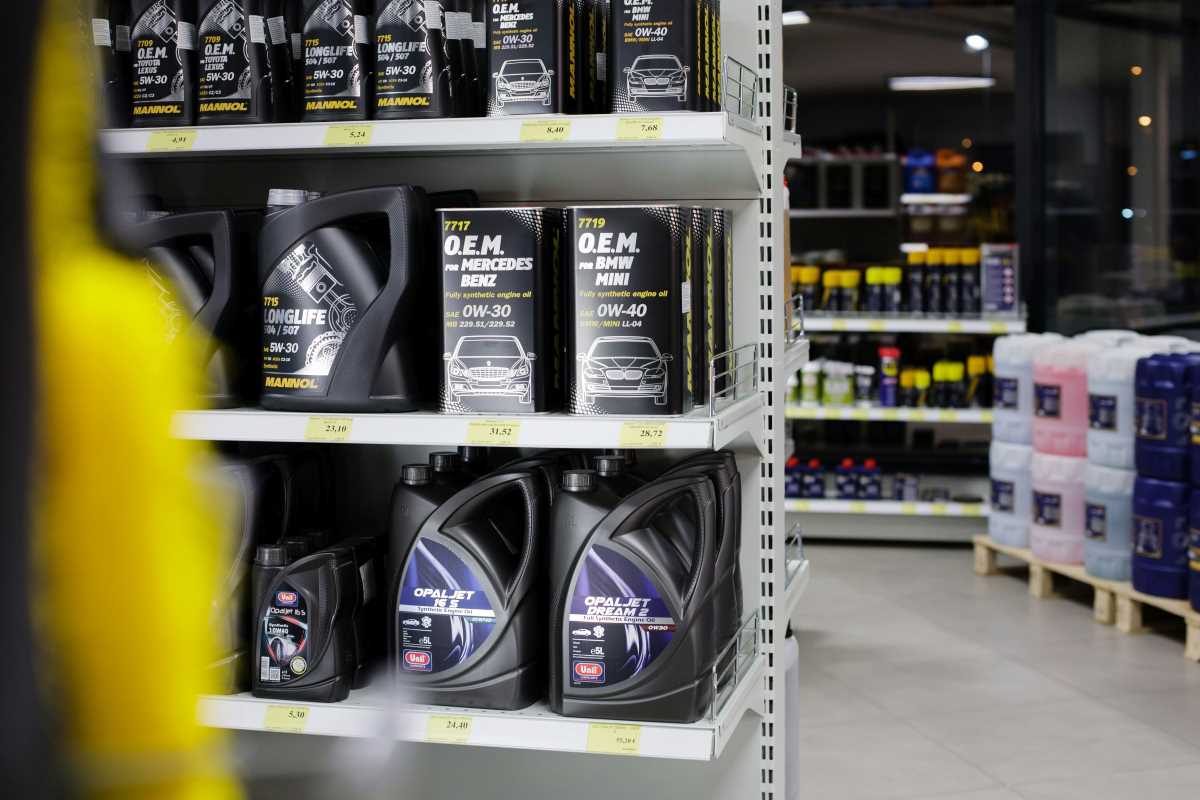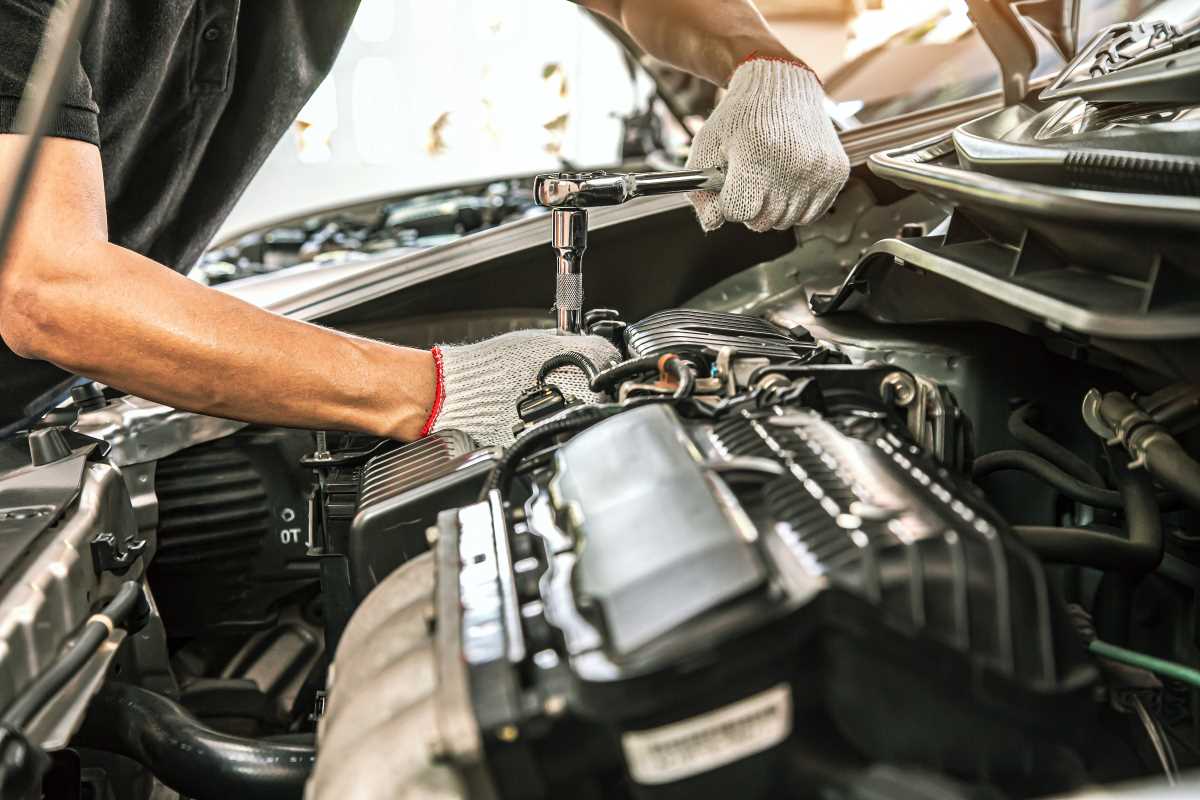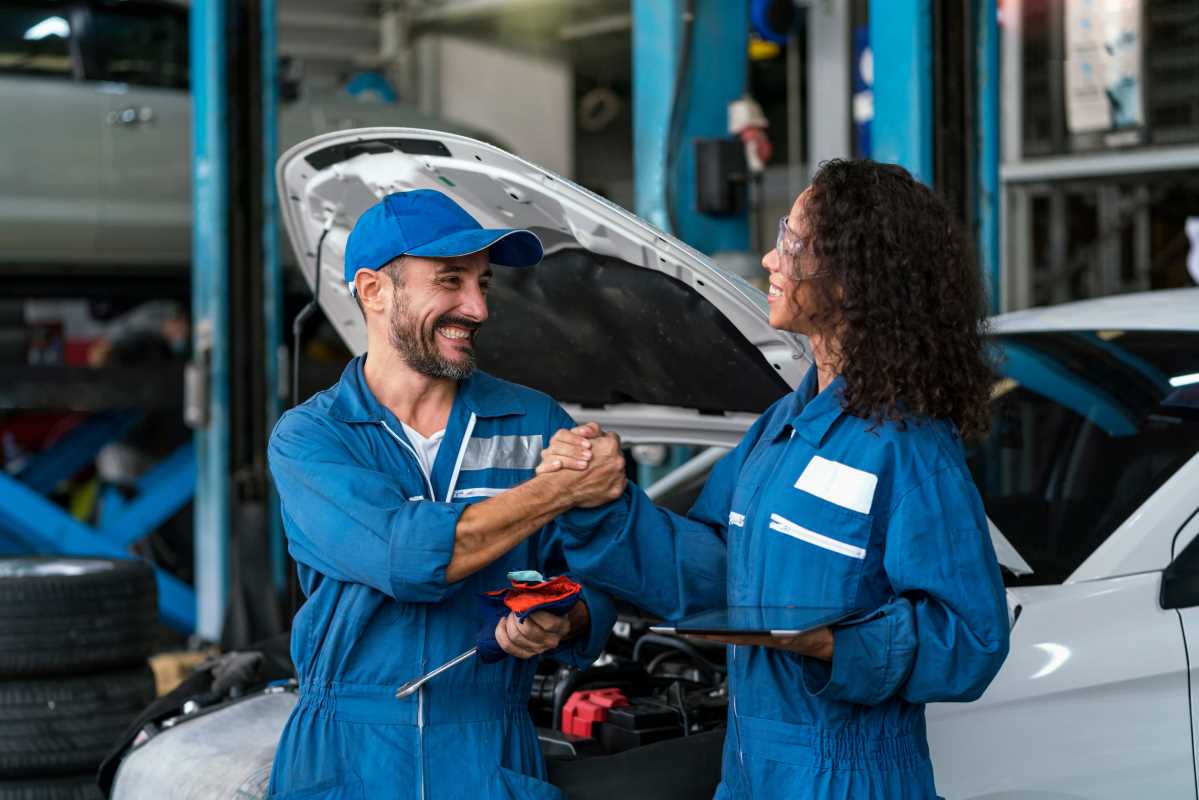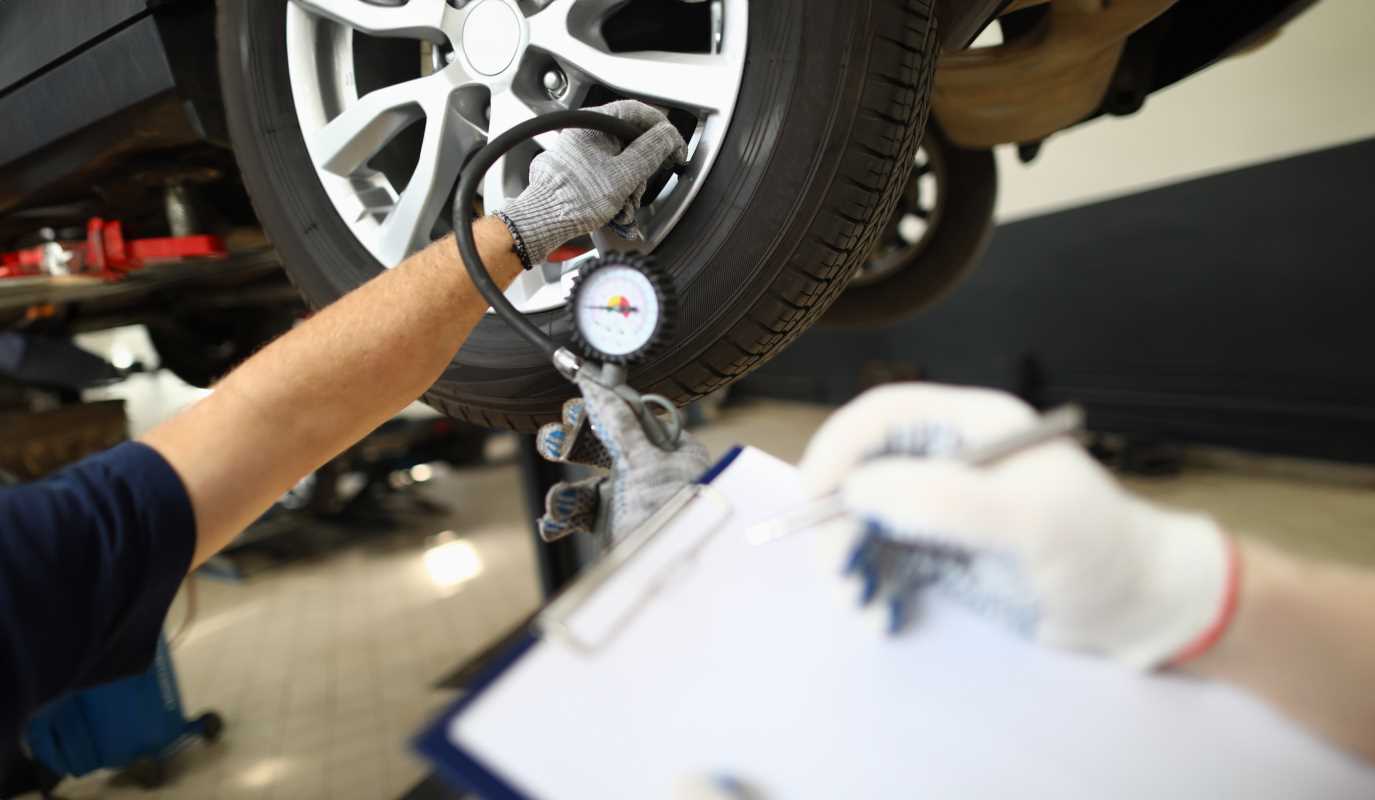Hitting the open road is an invigorating experience, but the unexpected can challenge even the most prepared driver. A routine journey might suddenly be interrupted by a mechanical hiccup, a flat tire, or rough weather conditions. Preparation is not about expecting disaster; it is about building confidence to manage surprises with calm and efficiency. Stashing the right supplies in your trunk provides a practical backup plan. Your emergency kit becomes a quiet guardian, ready to help you handle anything that comes your way. This essential gear ensures you are equipped to face minor setbacks without significant stress or delay. In this guide, you will discover important supplies for staying safe and getting back on track, covering everything from practical tools to simple items for personal comfort.
Why Packing for Emergencies Is Smart
Keeping a stocked kit within reach is part of being a thoughtful, prepared motorist. The peace of mind alone can make a big difference, knowing you have simple solutions for battery trouble, minor repairs, or temporary tire issues. Small fixes, like recharging a battery or sealing a puncture, often mean you’ll save money and avoid long roadside waits.
It’s not just about convenience. The right items can protect you or another driver in need. Visibility aids can help prevent collisions, and basic first-aid materials allow you to handle small injuries until help arrives. In tough weather or remote stretches, warmth, water, and snacks could become necessities. Being ready means you’re not just protecting yourself, but you’re also empowering yourself to be a resource to others.
Your Vehicle’s Go-To Tools: Mechanical Must-Haves
Effective car-related tools enable you to deal with many common issues without calling for assistance.
Jumper Cables
One of the most frequent reasons for being stranded is a drained battery. Having reliable jumper cables (at least 12 feet long) lets you borrow a charge from another vehicle. Learning how to use them safely is essential for both your car and your helper’s.
Tire Solutions
A flat can end a road trip quickly, so check your spare regularly. Make sure it’s inflated, and that your jack and wrench are in working order. Today’s compact repair kits, with sealant and a small inflator that plugs into the dashboard, act as a temporary fix so you can reach a shop. A simple tire gauge also helps keep your wheels rolling smoothly.
Essential Hand Tools
You won’t need a huge box of equipment. A sturdy multi-tool covers a surprising number of needs. It’s also wise to stash a few screwdrivers, pliers, an adjustable wrench, and a roll of duct tape. These are perfect for creative fixes until you get proper repairs.
Staying Safe and Comfortable: Core Supplies for People
These items keep you visible and comfortable if you’re delayed for several hours.
Basic First Aid
No trunk should lack a first-aid kit. It can be ready-made or homemade. Useful components include:
- Various sizes of adhesive bandages
- Sterile gauze and tape
- Wipes and topical ointment
- Pain relief medication
- Small scissors and tweezers
- Disposable gloves
Quick access to these items lets you care for scrapes or minor wounds, giving peace of mind during delays.
Alert Items and Lights
Being clearly seen keeps everyone safer after a breakdown. Choose folding triangles or flares designed for cars, and remember to check batteries for your LED flashlight. A reflective vest easily boosts your visibility, especially at night or in poor weather, and adds extra reassurance.
Food and Warmth
You’ll appreciate snacks and water if you ever have to wait hours for help. Compact, long-lasting foods (think energy bars) are good choices. Change them out every few months so they’re always fresh. A cozy blanket keeps you warm, and a small “space” blanket takes up very little room while offering emergency insulation.
Tailoring to the Weather
Where and how you drive will affect what you include. A kit for mountain regions will look a bit different than one for desert routes.
Cold-Climate Additions
Snow, ice, and freezing temperatures require extra planning:
- A small shovel and a pouch of sand (or cat litter) allow you to dig out and gain traction
- An ice scraper and sturdy brush keep your windows clear
- Extra gloves, hat, and thermal socks can help you avoid cold-related risk
- Inexpensive hand warmers offer a quick morale lift during frosty hours
Dealing with Heat
Heat brings its own problems:
- Extra bottles of water counteract dehydration in a breakdown
- Wide hats, sunscreen, and sunglasses make waiting by the car less strenuous
- A pop-up sunshade helps reduce cabin heat if you must sit and wait
Modern Essentials for Connection
These items help you reach help and stay informed even in unusual situations.
Backup Phone Power
Communication is vital during emergencies, but drained devices leave you isolated. Keep a charged power bank in your kit that can recharge your phone more than once. You should recharge it occasionally for reliability.
Staying Informed
A battery-powered or hand-crank radio lets you hear weather warnings or official notices if cell service disappears. Choose a model with weather alerts for the broadest coverage.
Preparing your kit is a one-time investment of effort that pays off every time you leave home. Pre-made sets are available, but customizing yours gives the best results. Think about your region, your drive, your passengers, and your priorities. Refresh supplies and check battery life a couple of times each year. By keeping these smart supplies in your car, you’ll be equipped for nearly any roadside surprise. You'll be ready to keep calm, stay safe, and help others, too.
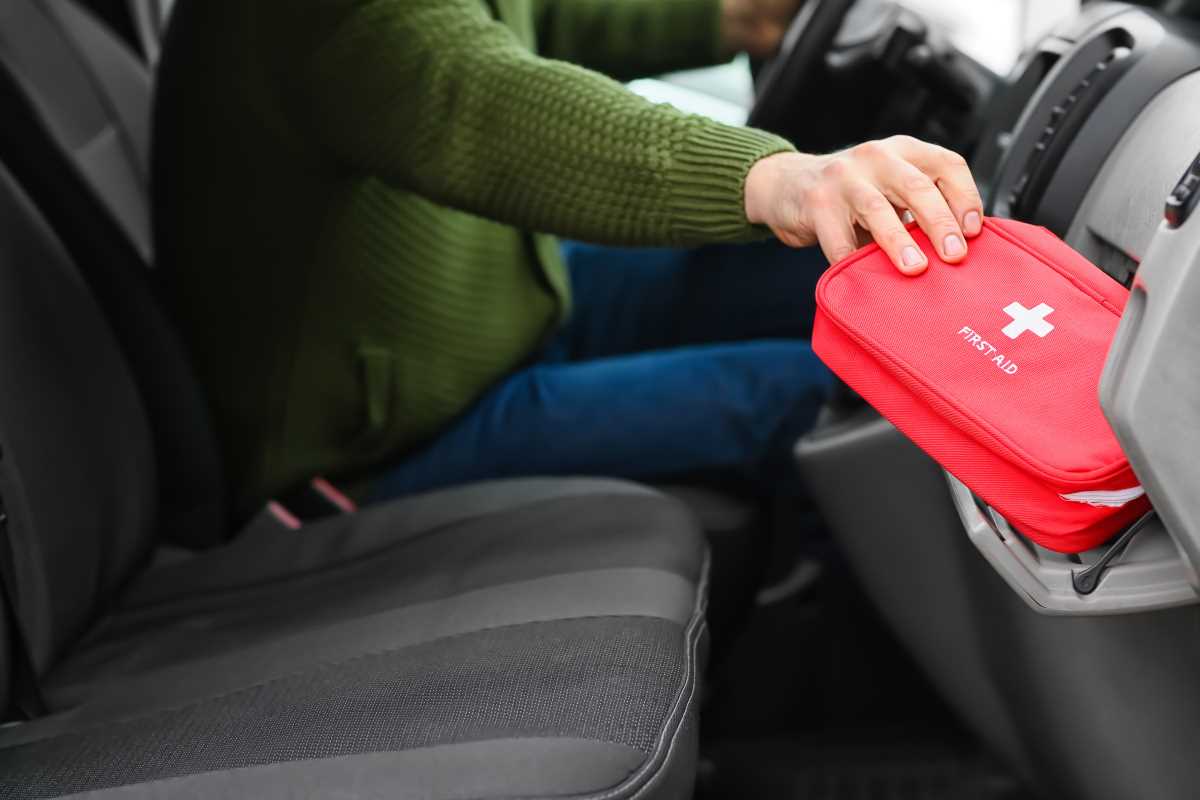 (Image via
(Image via